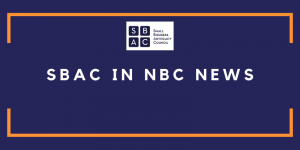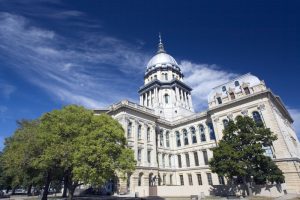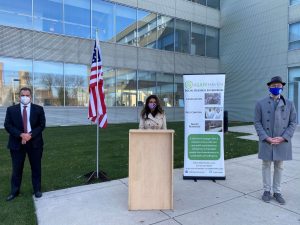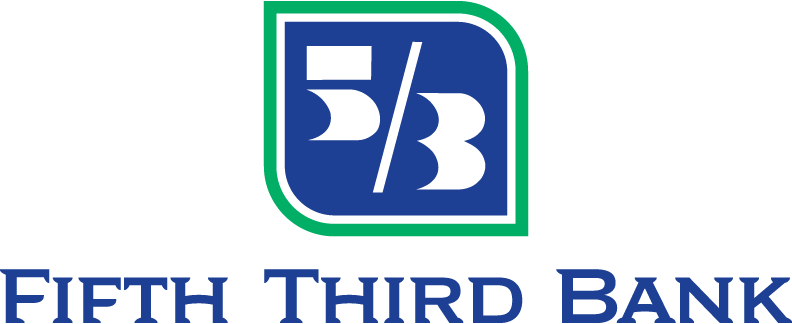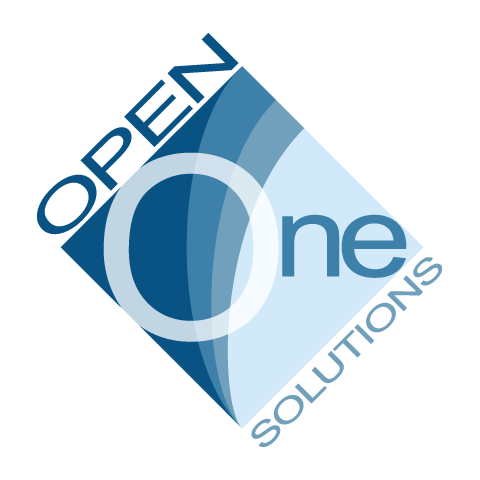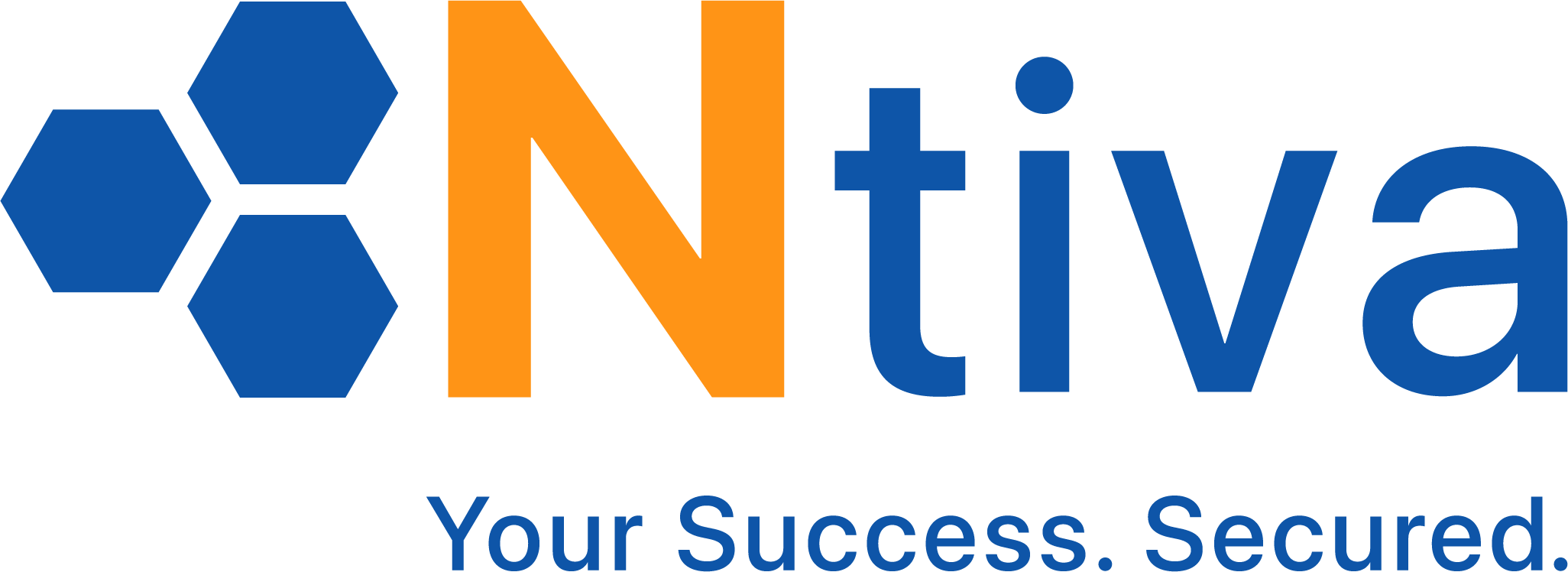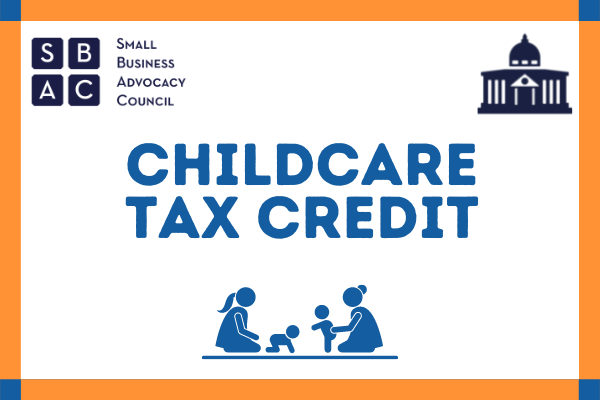
One issue that has lead many to put off re-entering the workforce from the pandemic fallout is the cost and difficulty in terms of finding affordable and quality childcare. The SBAC has determined it is such a significant issue that it has been added to our agenda for the 2022 Spring Session.
The childcare tax credit will provide working families resources to offset the costs associated with childcare. To be eligible, households must jointly earn an annual income below $75,000 and have at least one child under the age of 17. Taxpayers that file individually must earn less than $45,000 and have one child under the age of 17.
Under this program, taxpayers shall receive a $1500 tax credit for the first child under age 17. An additional $500 will be allocated to each additional child under the age of 17 with a max payment of $2500 per family. This credit is intended to be used to offset the costs associated with childcare.
The program will be capped at $100,000,000 absent further appropriations. This tax credit will sunset in 2025 unless extended by the legislature.
Program Details:
- Tax credits for eligible working families to offset the costs of childcare
- Eligible families must earn:
- $75,000 or less filing jointly
- $45,000 or less filing individually
- Eligible families must also have at least one child under the age of 17
- Tax credit of $1500 for the first child under age 17
- $500 increase for each additional child under age 17
- The maximum allowable tax credit per family is $2500
- Program capped at $100,000,000
- Program to sunset in 2025
- Eligible families must earn:
SBAC featured in NBC News
Small Businesses struggle amid the Pandemic The SBAC has long been advocating for relief for Small Businesses since the COVID-19 Pandemic started. Elliot Richardson, President of SBAC was featured in NBC News stating “if there is no government intervention and stimulus relief provided to small businesses, many more will not make it through the winter,”…
SBAC Action Call – Support the R.I.S.E. Act!
Urge Politicians to Help Create Jobs and Support Small Businesses With the resurgence of COVID-19 cases in Illinois, our politicians must act quickly to help those who have lost their jobs or businesses get safely back to work. State Senator Ram Villivalam has filed legislation that will incentivize small businesses to retrain and hire those…

